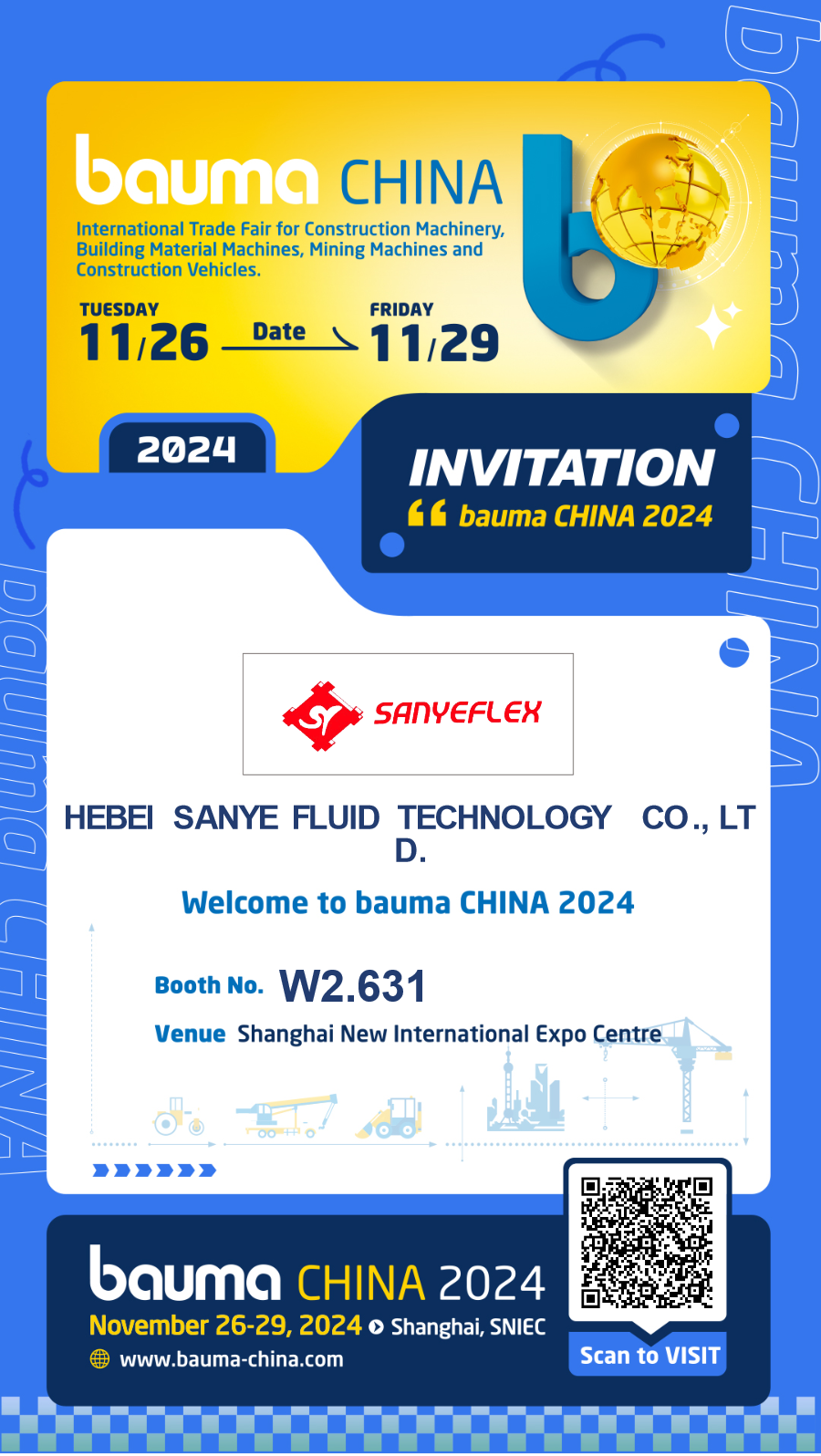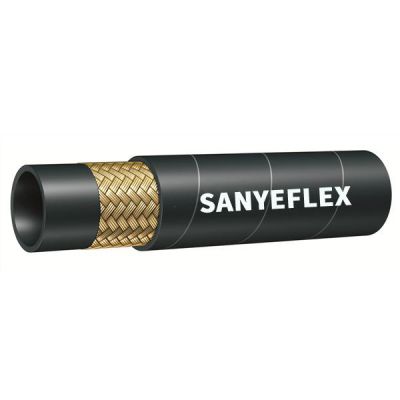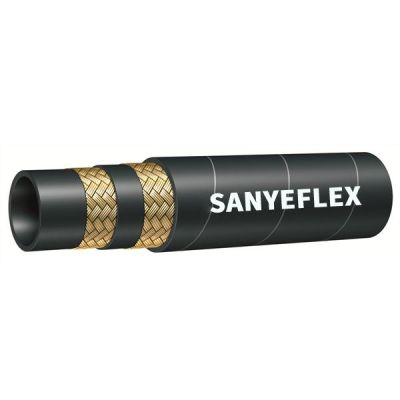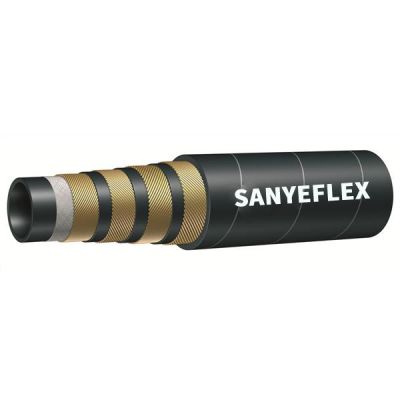May. 20, 2024
Textile braided hoses are widely used in various industries due to their superior flexibility, durability, and versatility. These hoses are constructed by braiding textile fibers around a hose, providing a range of benefits that make them suitable for numerous applications. This article explores the key advantages of textile braided hoses and why they are a preferred choice in many settings.
One of the most notable advantages of textile braided hoses is their exceptional flexibility. The braided textile construction allows these hoses to bend and move easily, making them ideal for applications where maneuverability is essential. This flexibility facilitates installation in tight spaces and complex configurations, reducing the time and effort required for setup.
Ease of Handling: Due to their lightweight and flexible nature, textile braided hoses are easier to handle and transport compared to rigid hoses. This makes them a practical choice for both industrial and residential applications, where ease of use is a significant consideration.
Textile braided hoses are renowned for their durability. The braided textile layer provides a protective shield against abrasion and external damage, significantly extending the hose's lifespan. This durability ensures that the hoses can withstand harsh operating conditions, including exposure to rough surfaces and frequent movement.
Abrasion Resistance: The braided textile construction enhances the hose's resistance to wear and tear, making it suitable for demanding environments where mechanical damage is a concern. This feature is particularly beneficial in industrial settings where hoses are subject to constant friction and abrasion.
The versatility of textile braided hoses is another major advantage. These hoses are compatible with a wide range of fluids, including water, air, and various chemicals, making them suitable for diverse applications across multiple industries.
Wide Range of Uses: Textile braided hoses are commonly used in automotive, marine, and industrial applications due to their ability to handle different types of fluids and pressures. Their versatility makes them a go-to solution for many fluid transfer needs.
Textile braided hoses are designed to withstand varying pressures and temperatures, making them reliable for both low and high-pressure applications. The braided textile reinforcement provides additional strength, allowing the hoses to maintain their integrity under pressure.
Temperature Resistance: These hoses can operate efficiently in a wide temperature range, making them suitable for both hot and cold fluid transfer applications. This temperature tolerance ensures that the hoses remain functional and safe in different environmental conditions.
Another significant advantage of textile braided hoses is their cost-effectiveness. The combination of durability, versatility, and ease of handling results in reduced maintenance costs and longer service life, providing excellent value for money.
Reduced Maintenance Costs: The durability and resistance to wear mean that textile braided hoses require less frequent replacement and maintenance. This leads to lower operational costs over time, making them an economical choice for businesses and consumers alike.
Textile braided hoses offer numerous advantages, including exceptional flexibility, durability, versatility, and cost-effectiveness. Their ability to handle various fluids, withstand different pressures and temperatures, and resist abrasion makes them an ideal choice for a wide range of applications. Whether used in industrial settings, automotive applications, or residential environments, these hoses provide reliable and efficient performance. For more information on selecting the right textile braided hoses for your needs or to explore our product offerings, please contact us. As a leading supplier, we are committed to providing high-quality solutions tailored to your specific requirements.
Previous: Why Do Textile Braided Hoses Fail?
Our Customer
Tel.: +86 400 0318 111
Email: admin@sanyeflex.com
Add.: #218 Zhongke Street, High-tech Zone, Hengshui City, Hebei Province, China



